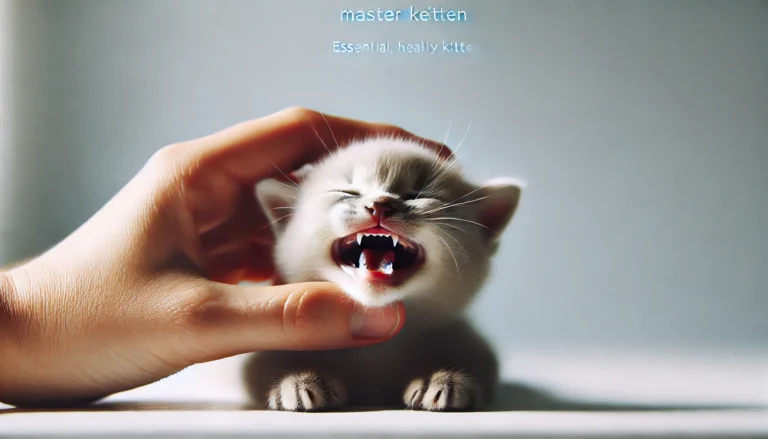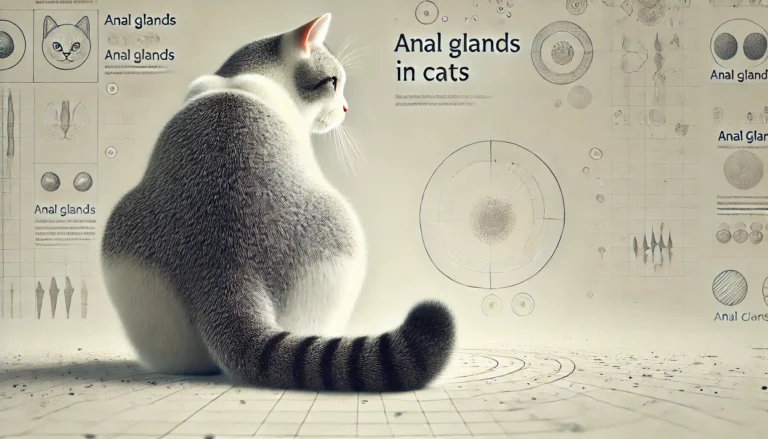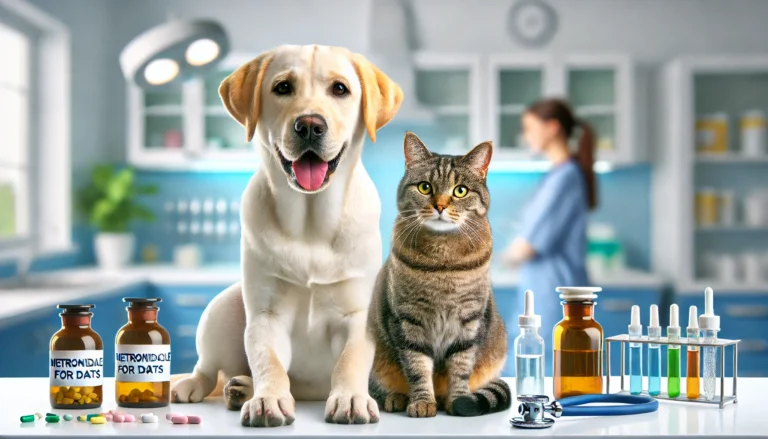Tremors in Cats: Why Is My Cat Shaking?

Introduction to Cat Shaking
When a cat starts exhibiting tremors or shaking, it can be a concerning sight for any cat owner. Understanding the various causes behind why your cat is shaking is essential for determining the seriousness of the condition and figuring out the appropriate steps to take. This article delves into the reasons behind tremors in cats, exploring everything from medical conditions to environmental factors, and provides guidance on when to seek veterinary care.
Understanding Tremors in Cats
Tremors in cats are involuntary, rhythmic muscle movements that result in either localized or generalized shaking. These movements can be subtle or severe and might affect just one part of the body, like a limb or the head, or can be more widespread.
Types of Tremors
- Generalized Tremors: These affect the entire body and can be more alarming as they often indicate systemic issues.
- Localized Tremors: These affect specific areas and might include symptoms like a cat shaking its head, tail, or just a leg.

Common Causes of Tremors in Cats
Understanding the root causes of why a cat is shaking is crucial for proper treatment and care.
Medical Conditions
- Hypoglycemia: Low blood sugar, a common issue in diabetic cats, can cause weakness, resulting in tremors.
- Distemper: A serious disease that can cause tremors among other symptoms.
- Toxicity: Exposure to toxins such as chemicals or poisonous plants can lead to severe shaking or twitching.
- Kidney Disease: Advanced kidney disease can lead to waste buildup in the blood, causing nausea and muscle tremors.
- Hyperthyroidism: This common glandular disorder can sometimes lead to shaking due to increased metabolism.
Neurological Disorders
- Epilepsy: While less common, some cats suffer from epilepsy, which can cause shaking or convulsive tremors.
- Cerebellar Hypoplasia: A developmental condition that can cause jerky movements and tremors, particularly evident when the cat attempts physical activity.
Pain and Discomfort
- Arthritis: Especially in older cats, pain from arthritis can lead to shaking, particularly after lying down for a long time.
- Injury: Acute pain from an injury can also manifest as shaking or trembling.
Diagnosing Tremors in Cats
Diagnosing the cause of tremors in cats involves a combination of veterinary examination and diagnostic testing:
- Veterinary Examination: Includes a thorough physical check-up and detailed history taking to understand the onset and nature of the tremors.
- Blood Tests: These can help uncover infections, diabetes, kidney disease, or toxins.
- Imaging: X-rays or MRIs might be used to look at brain and spinal cord structures if a neurological condition is suspected.
- Urinalysis: Useful in diagnosing kidney diseases or urinary tract infections.
Treatment Options
Treatment for cat tremors depends largely on the underlying cause:
- Medication: Includes anti-inflammatories, anticonvulsants, or insulin, depending on the diagnosis.
- Supportive Care: Fluid therapy, warming blankets, or dietary changes may help in cases of poisoning or kidney disease.
- Pain Management: For arthritis or injuries, pain relief medications can reduce discomfort and trembling.
- Environmental Modifications: Creating a stress-free environment can help reduce anxiety-induced tremors.
Home Care for Cats with Tremors
Managing a cat’s environment can play a big role in reducing tremors:
- Comfortable Bedding: Ensure your cat has a warm, comfortable place to rest.
- Avoid Cold: Keep your cat warm, as cold can exacerbate tremors, particularly in conditions like arthritis.
- Diet: Nutritional support with a well-balanced diet that suits their medical needs.
When to Seek Veterinary Care
Immediate veterinary care is crucial if:
- The tremors are severe or getting worse.
- Your cat appears distressed or in pain.
- There are additional symptoms such as lethargy, vomiting, or diarrhea.
do you know
Detailed look at feline leukemia vaccines, including is there a vaccine for feline leukemia and feline leukemia vaccine how often.
Conclusion
While tremors in cats can be startling, understanding the potential causes and appropriate responses can help you take swift action to support your cat. Always consult with a veterinarian if you notice your cat exhibiting unusual tremors or other related symptoms, as early diagnosis and treatment can significantly improve the outcome for your pet.
What does it mean if my cat is shaking?
Cat Shaking can indicate cold, fear, pain, or a medical condition. Monitoring and possibly consulting a vet is advisable.
Why does my cat shake like a dog?
Cats may shake like dogs to dry off or relieve stress, but if it’s frequent, it could signal discomfort or illness.
Do cats shiver when sick?
Yes, cats can shiver when they’re sick, often due to fever, pain, or weakness.
How do you soothe a shaking cat?
Keep them warm, quiet, and comfortable, and gently speak to them. If shaking persists, consult a vet.
What if your cat is vibrating?
Vibrating or purring is normal when content, but if accompanied by unusual behavior, it might be stress or pain.
What is shaky cat syndrome?
Shaky cat syndrome, or feline hyperesthesia, involves episodes of extreme muscle twitching, agitation, and possibly shaking.
Is shaking a cat bad for them?
Yes, shaking a cat is harmful and can cause injury. Handling should always be gentle and supportive.
Do cats shake off stress?
Cat Shaking to release tension or reset after a stressful event, similar to when they’re wet.
Why is my cat suddenly wobbly?
Sudden wobbliness can be due to weakness, vestibular syndrome, neurological issues, or even intoxication. A vet visit is crucial.






